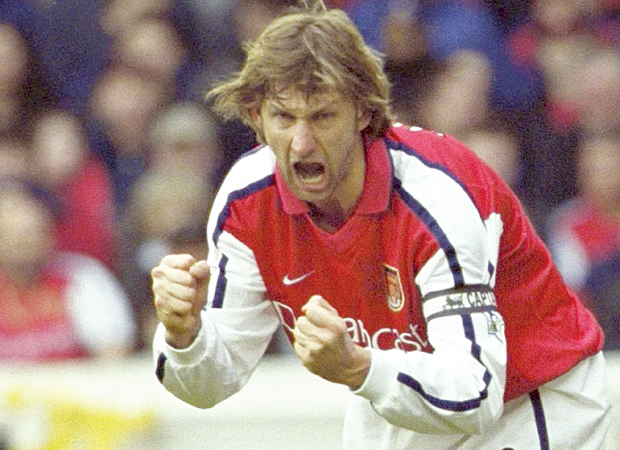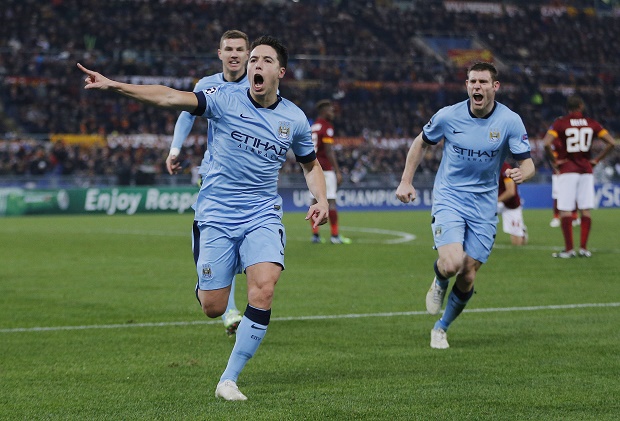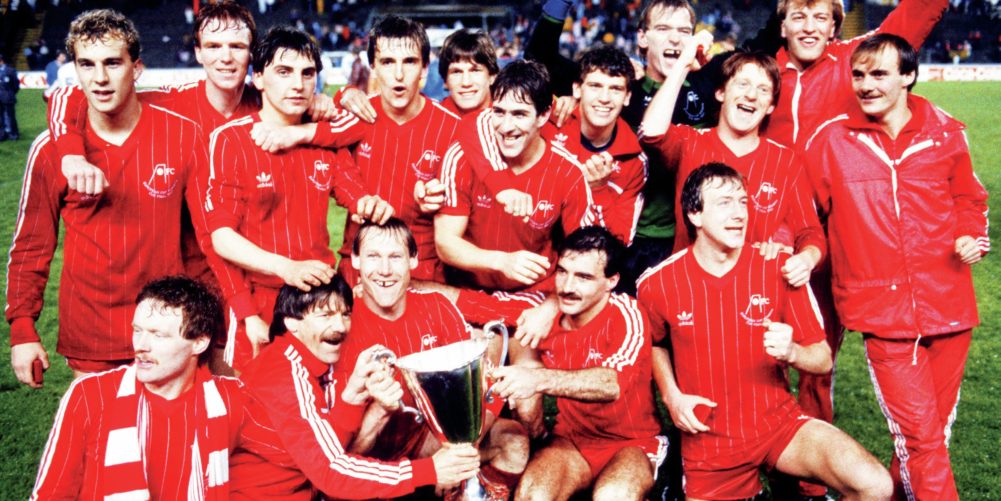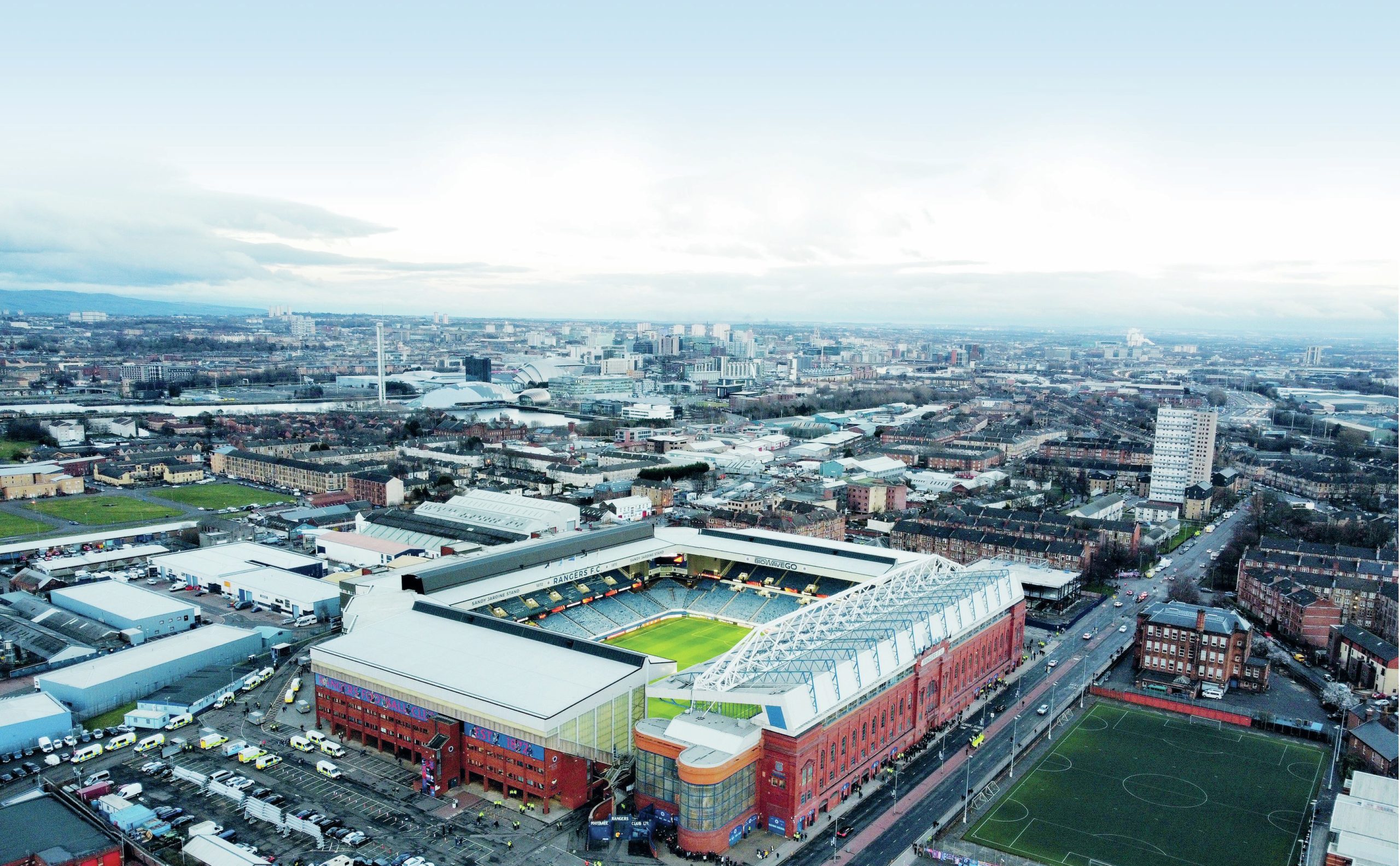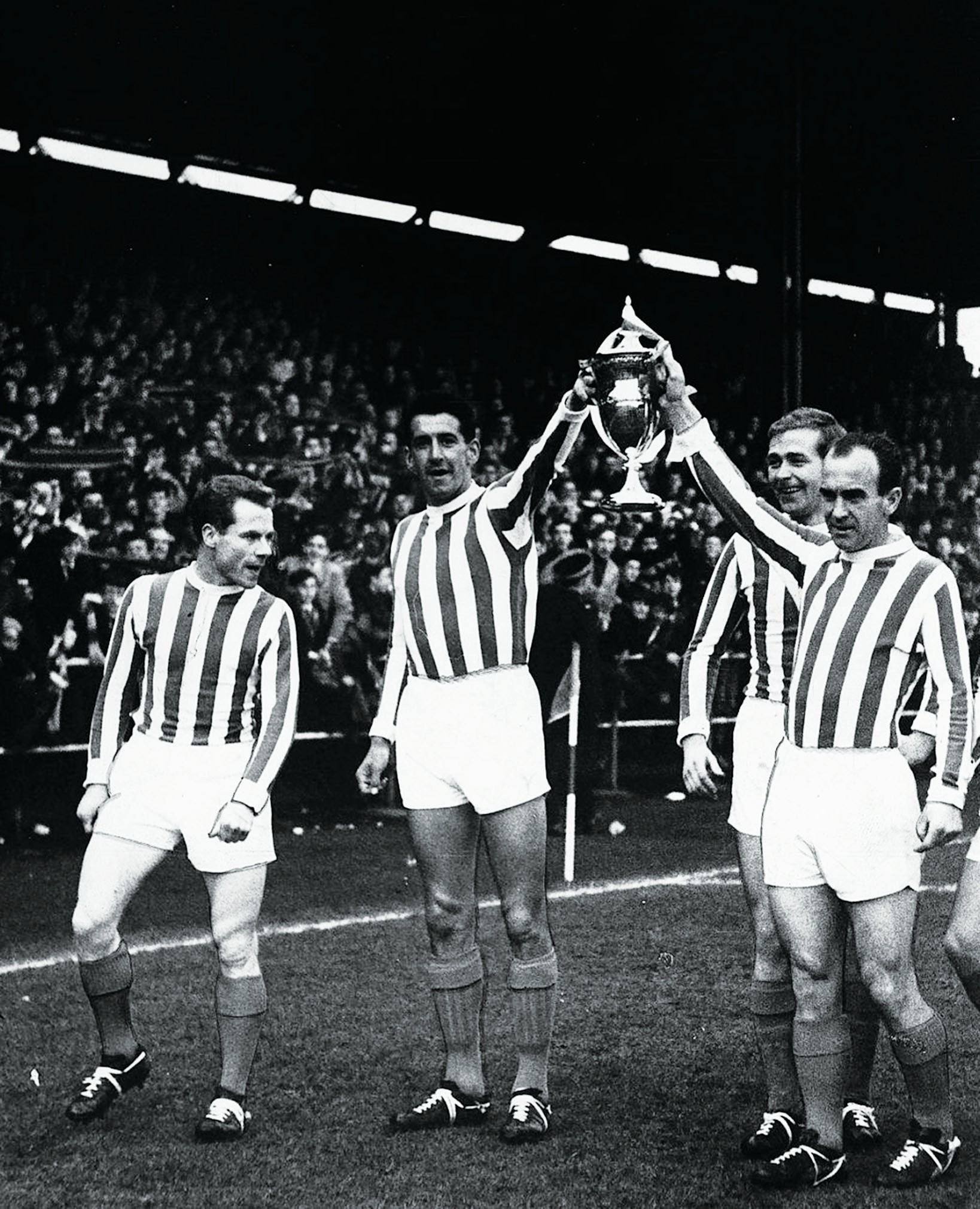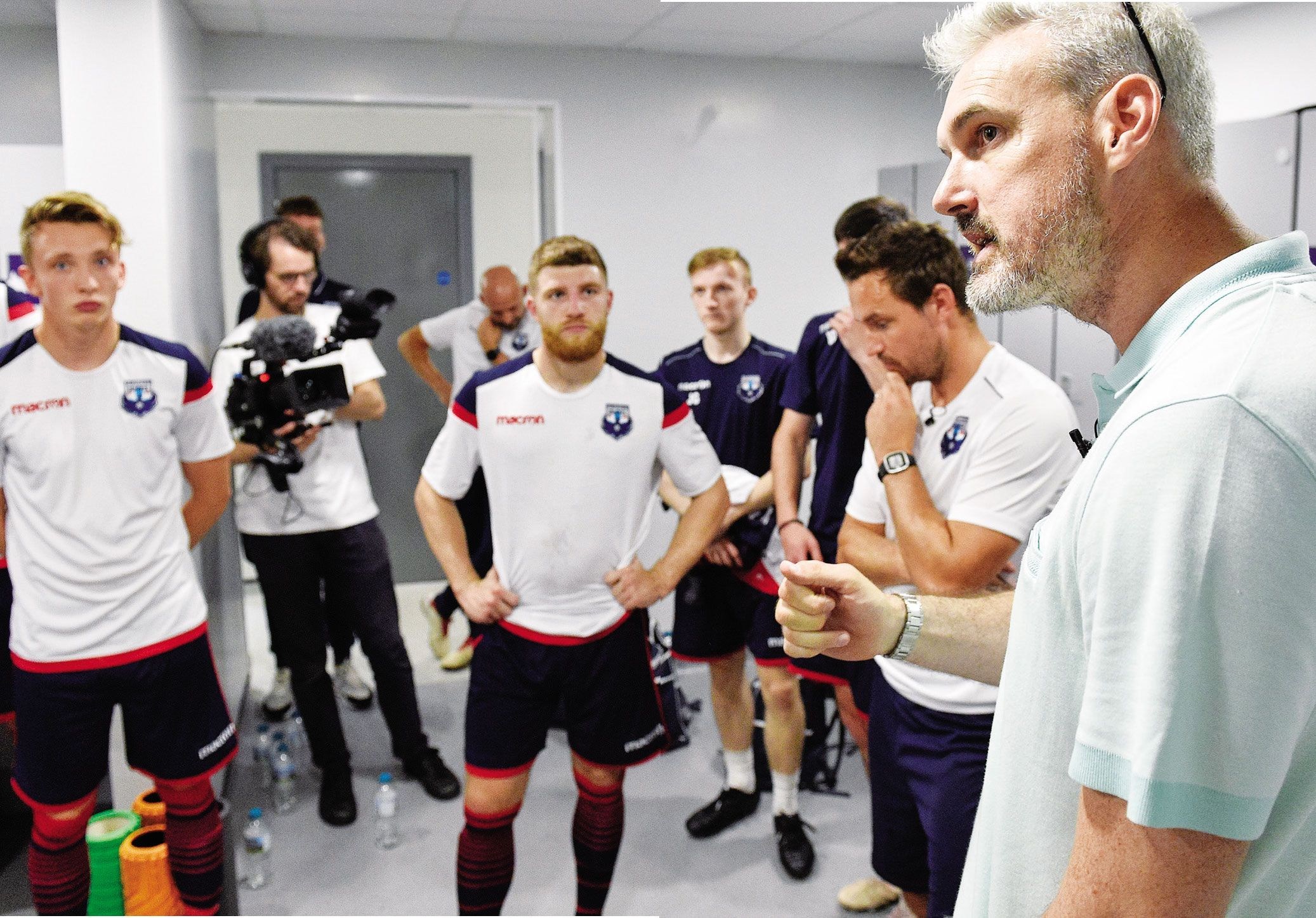
Faced with the typical set of football betting odds, Aberdeen FC are one of those teams that make for a proper gamble. Not too likely to win and not too likely to lose, any SPL game featuring Aberdeen is likely to be fairly close, or at least enough for punters to see some significant winnings. What this reflects however is the general decline of Aberdeen as a major player in Scottish football. The modern team today ranks about the mid-tier of Scottish Premiership football (with Celtic and Rangers, for comparison, being the sole two ‘top-tier’ teams). Aberdeen have never been relegated in their entire history, but they are rarely expected to win the league either.
Yet, surprising as it may be to young or forgetful football fans, this was not always the case. In fact, Aberdeen was, in their 1980s heyday, a team that would regularly challenge Glasgow’s Old Firm. In fact, the phenomenon was so pronounced that the team were said to have inaugurated a so-called “New Firm” with Dundee United, a team that enjoyed a similar heyday in the 1980s. Dundee won the Scottish league once in 1983/4 and won the Scottish League Cup twice during this heyday period. Aberdeen, on the other hand, have a whopping ten trophies to their name during this time and they surpass every other Scottish team in having won the most European trophies, namely the UEFA Cup Winners Cup in 1983 and the UEFA Super Cup the following year. In the case of the former trophy, Aberdeen had to beat every other domestic cup winner in Europe, no small feat by any metric.
Scottish football has been, historically and perhaps lamentably, a two-horse race. For most decades of its history, this has been a fact of life, a constant. It is therefore pretty remarkable that Aberdeen (and to a lesser extent, Dundee United) managed to do something about this, if only for a short period in the 1980s. As many older football fans remember, the 1980s was a time when Celtic and Rangers seemed to fall asleep at the wheel, not noticing their northern challengers rising until it was too late and, for a short period, the Glaswegian supremacy in Scottish football was shattered.
Enter Alex Ferguson
The last Scottish team outside the Old Firm to win a title, the best team in Scotland in the early eighties, the Scottish team with most European trophies – just how did this come about for Aberdeen? As most football fans will no doubt have already realised, every success which we can attribute to Aberdeen in this period can also be attributed to Britain’s most famous football manager – the now-Sir Alex Ferguson.
So not a Sir at the time, it was his work with Aberdeen which set Fergie on course to become so honoured. Ferguson’s biggest achievement will forever be his astonishing managerial career with Manchester United, and the seemingly endless slew of trophies that he won for that club in his just over quarter-of-a-century there. Yet Ferguson would never even have been considered for the Manchester United managerial position were it not for his work with Aberdeen, a tenure which, from a certain perspective, can appear an even bigger achievement than his work at Manchester United.
With Manchester United, it could be argued that Ferguson was standing on the shoulders of giants. In 1986 (when Ferguson assumed the role) Manchester United were – then as today – one of the most successful clubs in the world. The club had seen a great deal of success over the course of its history until that point, although its recent fortunes had been somewhat chequered. The 1960s had seen the rosy years of Matt Busby’s managership, although it was Dennis Law, another Scot from Aberdeen, who scored the goal that relegated the club in 1974. Under Ferguson’s tenure, Manchester United would never again know such humiliation, opting instead for decades of glory.
Back Up North
At Aberdeen, Ferguson did not inherit a particularly successful club – he made one. Ferguson won his first league title for Aberdeen in 1979-80, building up a backbone of players which would soon become famous. Specifically, it was Jim Leighton, Willie Miller, Alex McLeish, and Gordon Strachan who made the Aberdeen team in these years. Initial success was followed by three consecutive Scottish Cup wins and, after that, two consecutive league titles from 1983.
It was precisely Ferguson’s ability to raise Aberdeen out of obscurity to (quite literally) global recognition that landed him the job with Manchester United. The cherry on the cake came with Aberdeen’s victory in the European Winner’s Cup of 1983. Beating Real Madrid 2-1 (and trouncing Bayern Munich along the way) is something that cannot go unnoticed. It was this which cemented Ferguson’s reputation and earned him the managership of Manchester United.
Yet it is in Scotland that the memory of Aberdeen’s heyday is strongest. With a football league dominated by a Glasgow duopoly, the memory of a club like Aberdeen (and also Jim McLean’s Dundee United) challenging Celtic and Rangers lets us know that there was a time when things were different, when Scottish football was more exciting.


Book Reviews
Book Review: Chris Towers finds right mix

Book Reviews
Book Review: Sir Geoff Hurst hits net
